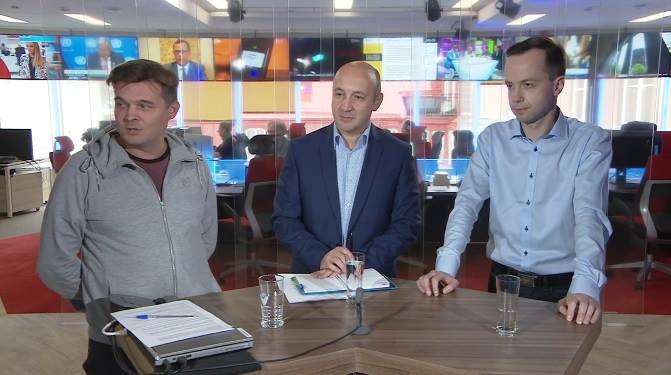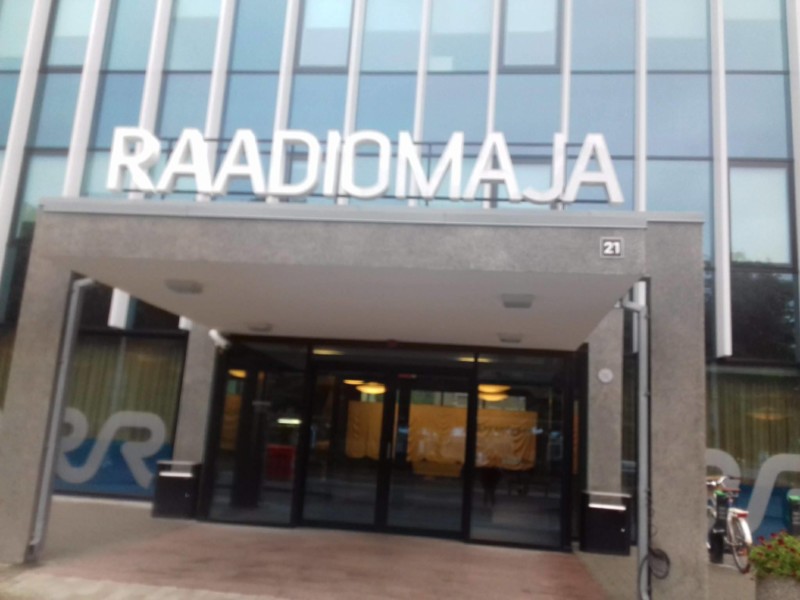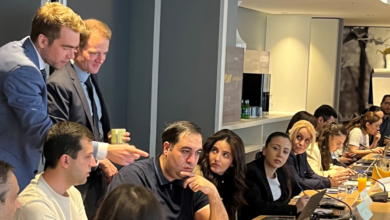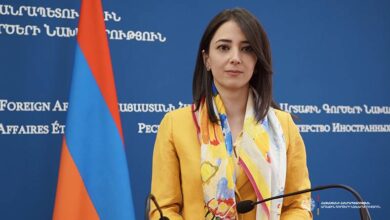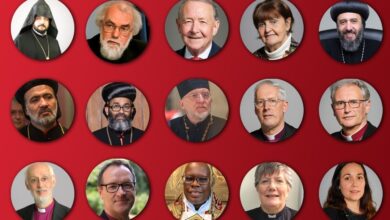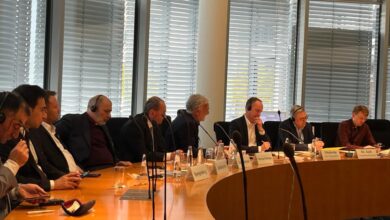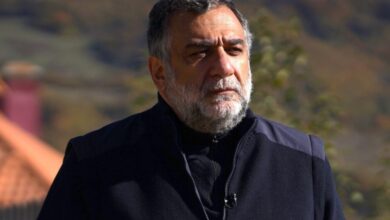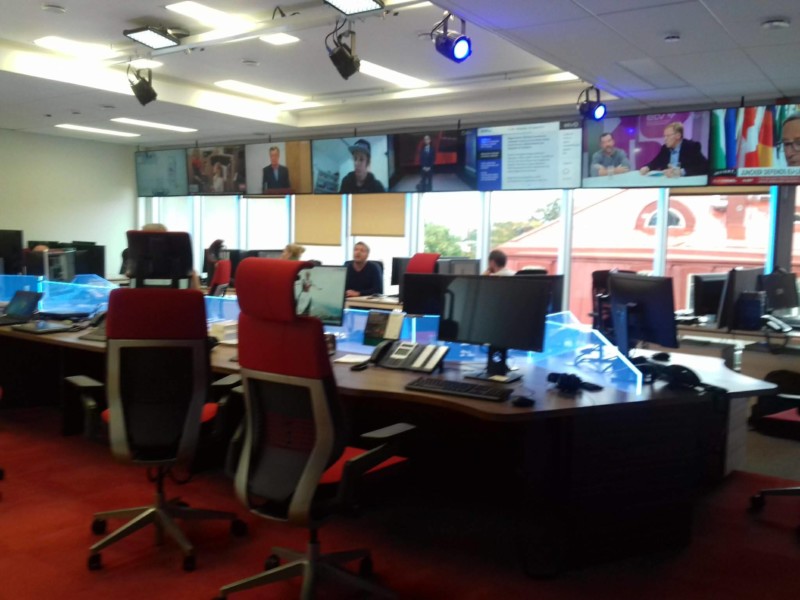
Ahead of the local self-government elections scheduled for October 15 the Estonian Public Broadcasting (ERR) is seeking ways to deviate from the traditional coverage of the election campaign.
In particular, the Russian-language rus.err.ee website is hlding a series of “pre-election battles” where representatives of rivaling forces are offered to ask awkward questions and even humiliate each other.
The website’s editor-in-chief Jekaterina Taklaya says they aim to present the traditional debates in “modern packaging.”
“We decided to refuse from traditional debates. We decided to organize so-called battles between politicians who may have had personal disagreements or even criticized each other in the past. We want the format to be sharp and interesting,” Jekaterina Taklaya said in an interview with Public Radio of Armenia.
Taking into consideration that the 16-year-old citizens will be heading for polls for the first time this year, the website has tried to find solutions for the teenager, as well.
“Politics is very complicated, and teenagers will hardly sit and read the election platforms of the parties and blocs and follow the debates. To make the topic more accessible to them, we have studies the programs presented by different forces, singled out certain promises and coded them with the help of emojis,” said the editor.
The website offers to decode the promises and guess their authors. The system will then count the number of correct answers.
In general, the news service works as a single structure at the ERR. Unlike Armenia, where Public TV and Public Radio have little in common, the news services of the Estonian Public TV and Radio, as well as the web resources are stationed in the same building and work in close cooperation towards “shared goals.”
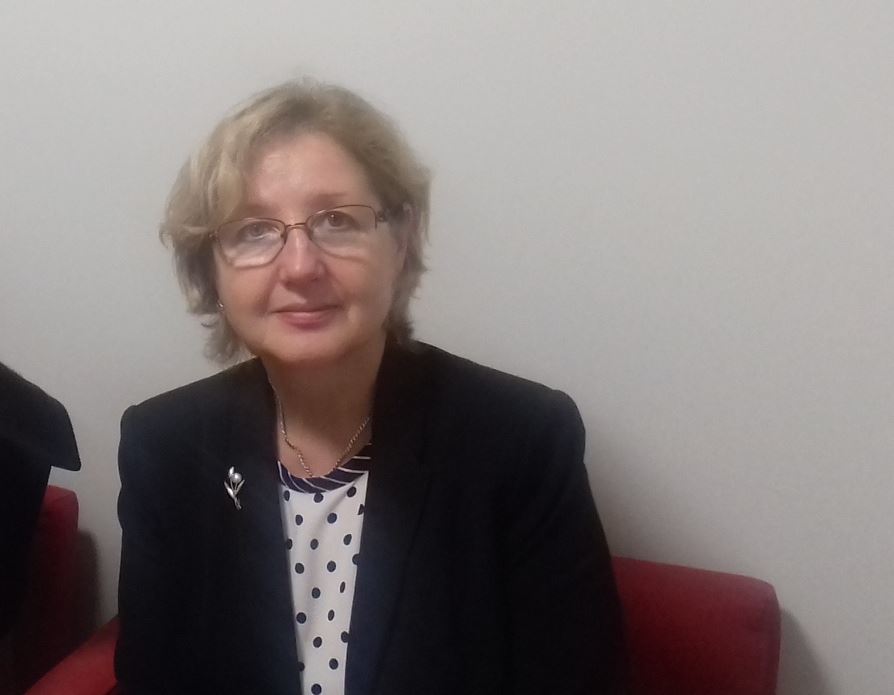 “We have overcome the stage, when the television was competing with radio. We are doing a common work; our main task ad objective is to keep the public informed. Therefore, competition is out of question. Starting from the morning meetings the staffs working for radio, television and websites exchange information and do everything team-wise,” head of Russian-language Radio 4’s news department Margarita Chernyayeva told Public Radio of Armenia in an interview.
“We have overcome the stage, when the television was competing with radio. We are doing a common work; our main task ad objective is to keep the public informed. Therefore, competition is out of question. Starting from the morning meetings the staffs working for radio, television and websites exchange information and do everything team-wise,” head of Russian-language Radio 4’s news department Margarita Chernyayeva told Public Radio of Armenia in an interview.
She says “any source of information has its consumer.” “People usually listen to radio in the morning and during the day, while evening hours are the priority of the television. The websites, in turn, provide live streaming of certain events and post all our news. All blocks of news are available on the web and accessible any time,” Margarita Chernyayea said.
The Estonian public television and radio share not only information, but also personnel. “Cooperation helps us a lot. We have one country, one government and one parliament. We work for a common goal of providing the public with accurate, reliable and fact-based information,” she concluded.
Click here for the report in Armenian.


